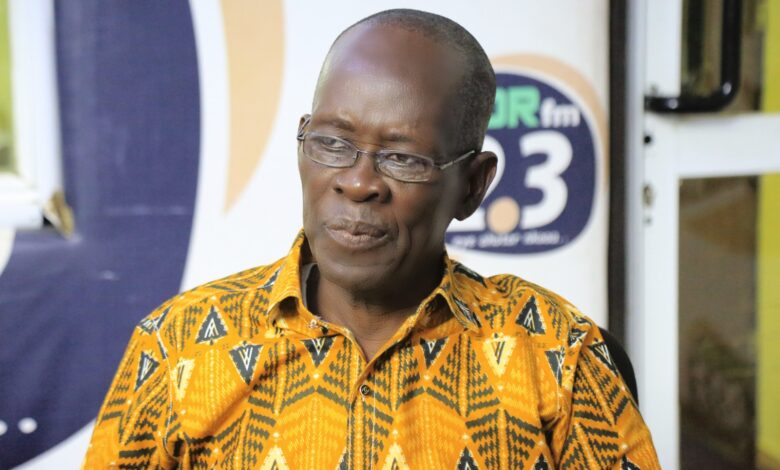
Abraham Koomson, Secretary General of the Ghana Federation of Labour (GFL), has expressed concerns over the lack of proper structures within Organized Labour, attributing the current disorganization to changes in labour laws.
He explained that the confusion stems from the absence of clear frameworks following the amendment of the Industrial Relations Act of 1965.
Speaking on Ahotor FM’s Yepe Ahunu show, Mr. Koomson pointed out that the original Industrial Relations Act recognized the Trades Union Congress (TUC) as the sole representative of Ghanaian workers.
However, complacency within the TUC led to the amendment of the Act, which was replaced by the Labour Act 651 in 2003.
“The issue we face today is that Organized Labour lacks the proper structures to function effectively. The new law, Labour Act 651, did not clearly define the role or identity of Organized Labour after the TUC’s name was replaced,” Mr. Koomson explained.
He further revealed that the Ghana Federation of Labour (GFL) had taken the TUC to court to challenge its mandate to represent all workers in Ghana, as the current legal framework remains unclear.
Abraham Koomson also highlighted the rapid increase in the number of registered workers’ unions in the country, which has grown from 18 in 1993 to over 160 today.
Mr. Koomson stated that consultations are ongoing among the leaders of various unions to establish and strengthen appropriate structures. These structures will operate from the district level, through the regions, and up to the national level to determine the way forward.
He believes that once these structures are in place, they will be adopted by the unions, with their activities regulated by a constitution to ensure effective performance.
He stressed that well-defined structures and better organization are essential for improving the effectiveness of Organized Labour in Ghana.
LISTEN TO ABRAHAM KOOMSON IN THE AUDIO BELOW:
Story by: Emmanuel Romeo Tetteh (#RomeoTetteh





